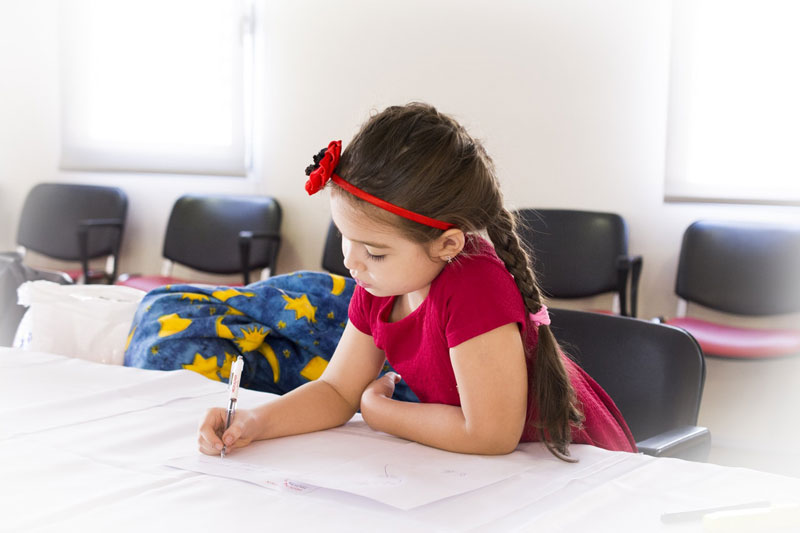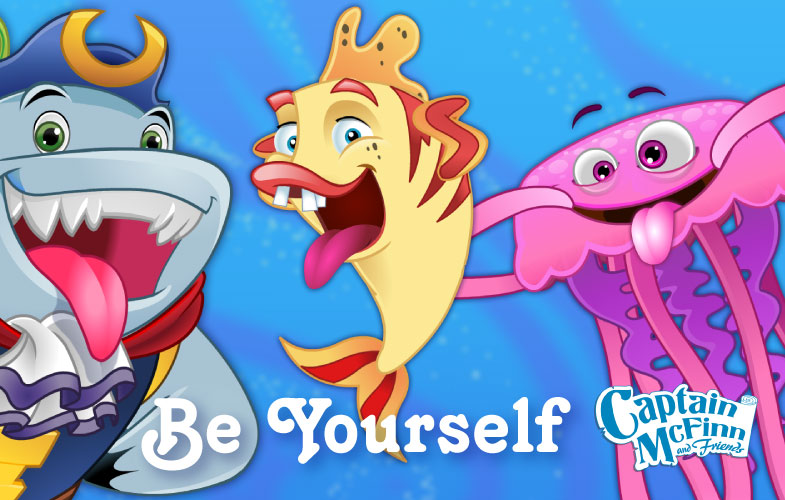
Becoming emotionally healthy and happier requires that children develop character. Merriam Webster defines character as “the complex of mental and ethical traits marking and often individualizing a person, group or nation.” It’s not just any ole character though, we need to intentionally raise our children to have good character. For example, we want our children to tell the truth even when it’s hard or share their lunch when their friend forgot theirs.
So why is this so important? Well, for starters children who have a good character make smarter choices. Choices that are good for them and good for others (per my book, The Emotionally Healthy Child). It’s not to say they’re perfect, but they’re learning how to make those good – sometimes tough, choices. Nick, age eight, decided not to cheat on his spelling exam. His best friends, Jackson and Paulo, didn’t make such a smart choice and got caught cheating. Nick’s mom told me, “I teach Nick every day the better choices you make today, it sets you up for a better tomorrow and life keeps getting better.” I couldn’t agree more.
The emotionally healthy child is learning how to set healthy boundaries, stand up for what they believe in, form an emotionally healthy mindset, and become someone of good character. Whether it’s not cheating on a spelling quiz (unlike everyone else) or preventing a bloody battle on the playground boys or girls of character are learning how to make those choices, which are constructive and beneficial for themselves as well as others.
Of course, positive emotional health and character development are sophisticated topics, but at the core is intentional parenting and teaching children how to make those smarter choices. With that said, I have identified six inner qualities, which when developed help a child form a good character and move toward becoming their best selves. They are:
Gratitude: A thought of appreciation and feeling of thankfulness, which help children realize how good things really are.
Compassion: When a child not only feels what someone else is feeling (empathy) but wants their pain to stop.
Generosity: A child that learns to give because it feels good and helps others is generous.
Honesty: To speak and act truthfully.
Forgiveness: A child who forgives is learning to let-go of negative emotions about a wrongdoing that will only make her miserable. (This doesn’t condone inappropriate behavior, but helps a child forgive for her own enlightened self-interest)
Love: A loving child is learning how to fully love herself and extend that kindness to others.
Of course, each inner quality has certain practices, which when used help can help your child develop this quality for today and the long term. In my book, The Emotionally Healthy Child, I dive deep into strategies of emotional health, mindfulness and character development, but today – let’s look at gratitude. The free app, Three Good Things, from iTunes is a great use of technology to help children begin looking for three good things every day to feel grateful for. (Of course, they’ll likely need your help in making this a regular habit, but it can be an evening ritual that helps you both feel good).
Because the better we feel, the better we do. And in today’s world, we want to do everything we can to arm our children with the mental immunity so they can be their best – no matter what.



